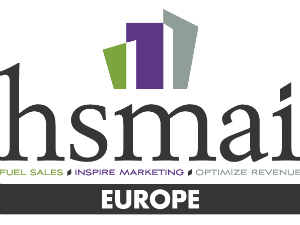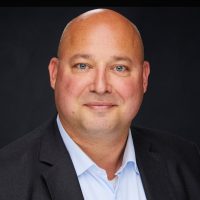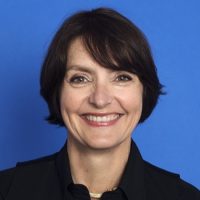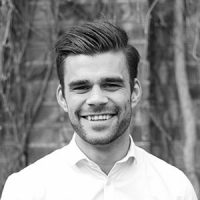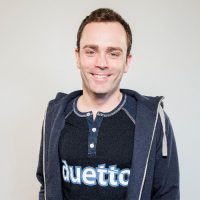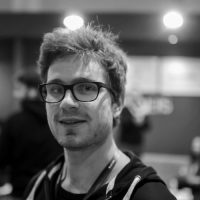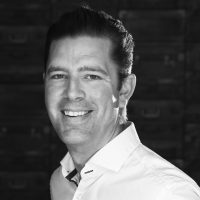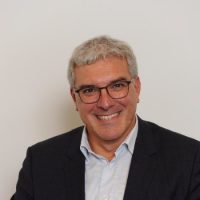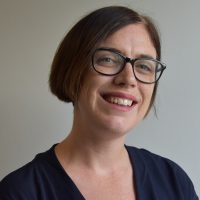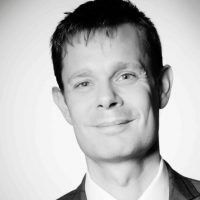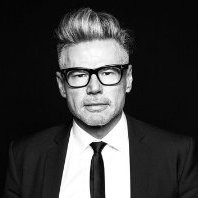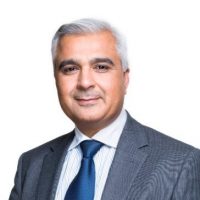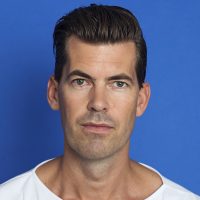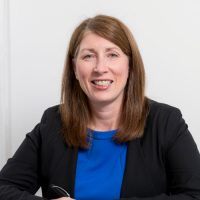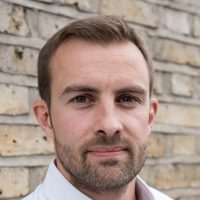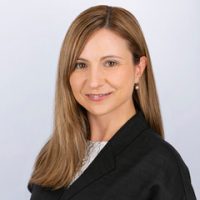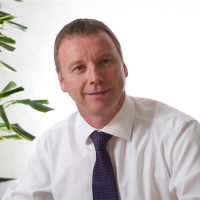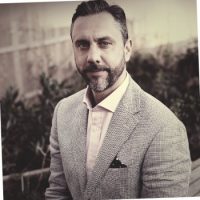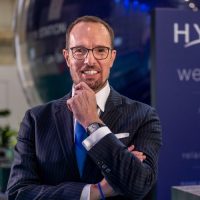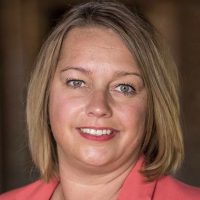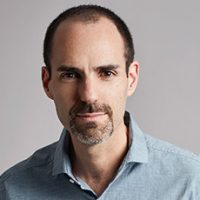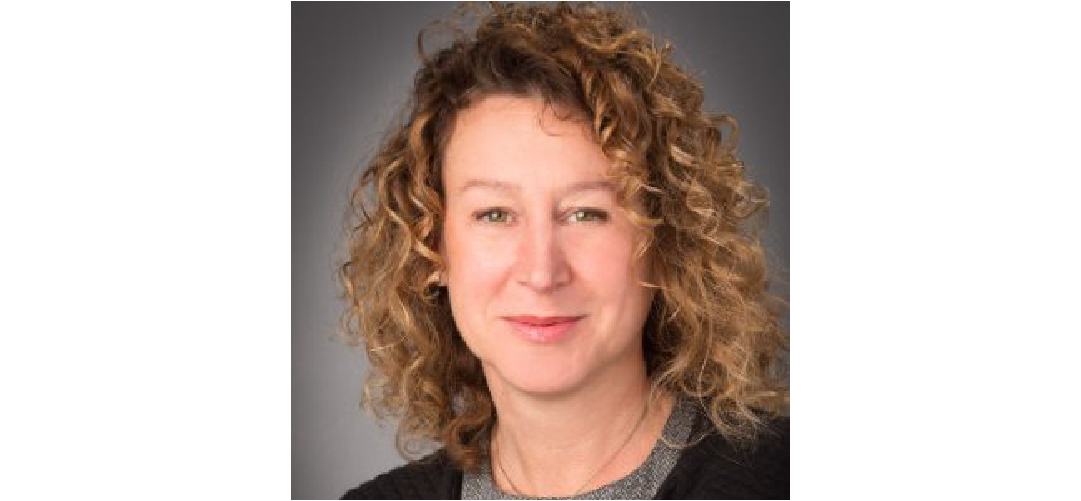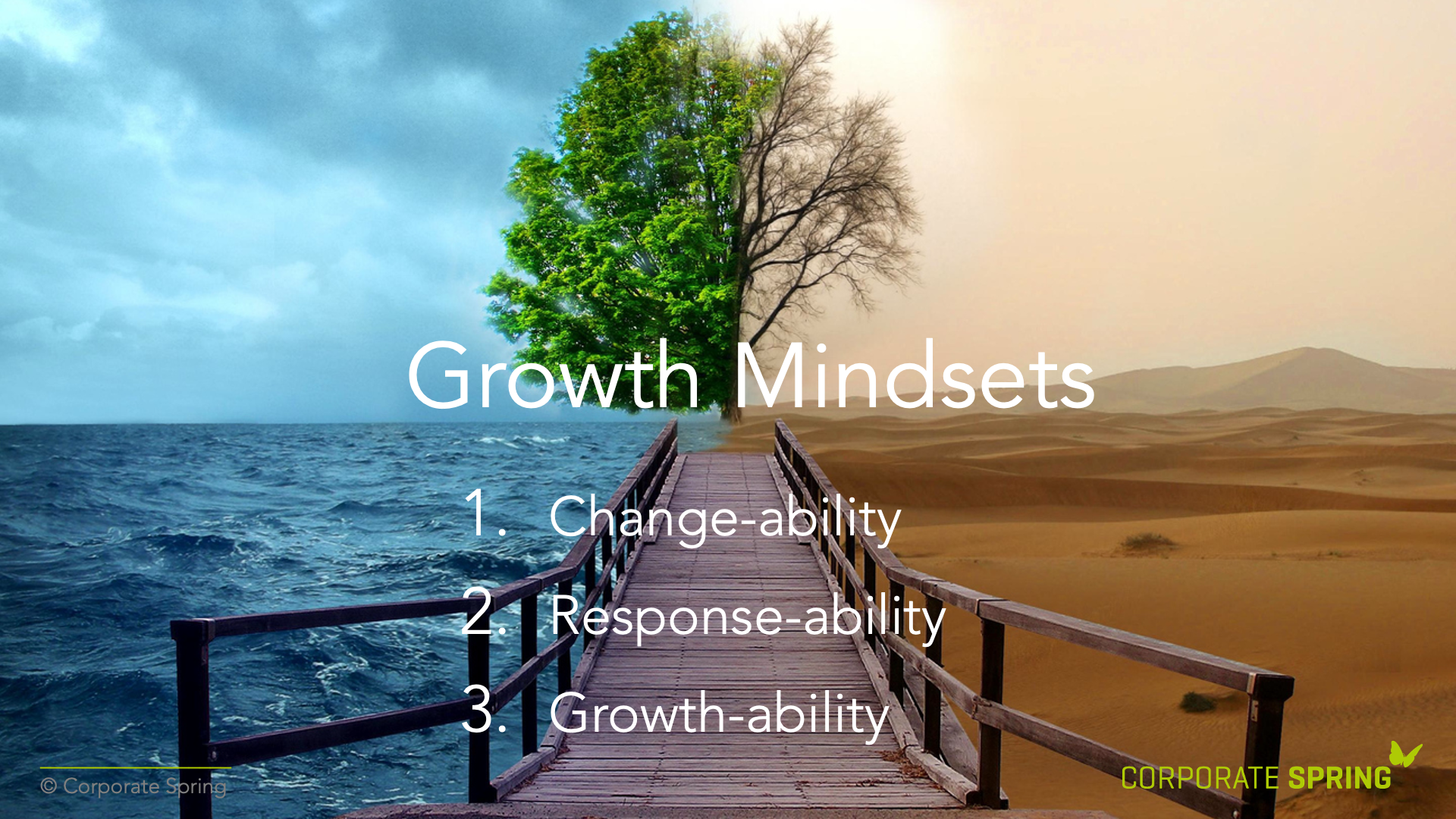Markus Keller is the SVP Sales & Distribution at Accor. He is newly elected member of the HSMAI Region Europe, Board of Directors.
Q: Who is Markus Keller?
A: As a career hotelier I started from the ground-up, in various operational roles in Food & Beverage, Conference & Catering and Finance, before concentrating on Front Office and Revenue Management. My 5 years in China specialising in sales and distribution provided the opportunity to work on the opening of dozens of hotels during the lead up to the Beijing Olympic Games and Shanghai World Expo. Moving into a regional position based in Singapore, gave me strong cross-cultural experience across 18-countries, managing diverse teams and clients through-out Asia Pacific. Now based in the Paris headquarters leading global sales, distribution, third partner connectivity and contact centres, I have had the opportunity to work on numerous strategic projects such as Accor’s alliance with Huazhu Hotels, the integration of FRHI and Movenpick, and multiple partnerships.
Q: What does HSMAI Region Europe mean to you and your team?
A: To be at the front of leading positive change for the hospitality industry across different verticals of the business. To be advancing best practices and creating new solutions. To be actors in hospitality which bridges social barriers and provides broader economic opportunities.
Q: What will you bring to the table as a member of the Board of Directors?
A: Multi-national experience across 3 continents, leading culturally and socially diverse teams in 5 countries, experience on-property and in corporate offices.
Q: You have a demanding job. What made you accept to become a member of the HSMAI Region Europe Board of directors?
A: The opportunity to encourage industry peers to be conscience of our broader role in positive economic development, and in doing so inspire the next generation that hospitality is an industry for the future.
Q: What do you consider to be your personal strengths?
A: Highly organized. Determined. Conscientious. Cross-cultural relatability. People oriented.
Q: What does it take to become a successful executive in today’s hospitality sector?
A: First, the fundamentals of true hospitality have little changed over the decades, even if the means to the end have evolved due to technology. It’s necessary therefore to have a passion for travel, culture, service, and people if you want to enjoy being in the industry. Second, nevertheless, we cannot ignore the impact that technology has had on the way the business is conducted. Therefore, insight into how the distribution, pricing, operations, marketing and sales ecosystems function and how they may evolve is key. Third, travel and tourism are not only significant economic contributors but also have the capacity to positively contribute to tolerance across cultures, genders, socio-economic classes, and the responsibility to act on sustainable tourism practices.
Q: HSMAI Region Europe will reactivate their mentor programme now – The Mike Leven Mentor programme. Please share your experiences from mentorship/mentee.
A: I have been fortunate enough to have been both a mentee in my early career, and more recently a mentor. As a mentee, the opportunity for informal support from someone who was not my manager, helped me understand that it’s always ok to ask questions and seek advice. Becoming a mentor, I hoped to give not only some knowledge back but also to help my mentee understand their underlying motivations and decide how they want to evolve their own career.
Q: HSMAI Region Europe will launch a brand new initiative in September – The Student Council. Please share your thoughts around this and how you will help out.
A: I think HSMAI should have a role in encouraging the future leaders of hospitality and reassuring them that this is an industry for the future, aligned with the new values of a younger generation much more sensitive to sustainability, climate change and social issues. The Student Council could work as a bridge between accelerating their understanding of advance practices but also what hospitality it is doing in terms of broader social topics, and in counter party, take their input on how they feel new generations of travellers will evolve and what impact that could have on revenue practices as well as service offering.
Q: Could you tell us what a day at work looks like for you?
A: Workdays are changing particularly since part are now home-office and part are at the office. Home-office has benefits since we avoid commuting and there are less distractions; but office days allow more informal interactions and help build stronger relations. Days can start early for calls into the Asia Pacific region, and finish later for calls into the Americas region. There is a cycle of regular people meetings (one-to-one meetings, team townhalls, calls with regional leaders) as well as regular business meetings (objectives review, budget meetings, committees, workshops). There are less frequent meetings for longer-term planning. And much of the rest evolves according to the subjects which arise. Few days resemble others since it depends on events, travel, crisis and other factors which make days different.
Q: What is the best part of your job?
A: I enjoy the variety of complexity – building a team; working with clients; issues to resolve; working across different geographical challenges; deploying solutions; and winning!
Q: Is there anyone you’ve been looking up to and why?
A: My father. Born into a normal rural family but had the drive to leave, eventually working on 3 continents, visiting dozens of countries, undertaking multiple career changes, and still managing to raise a family. He had the spirit of conquest by nature but remained simple at heart.
